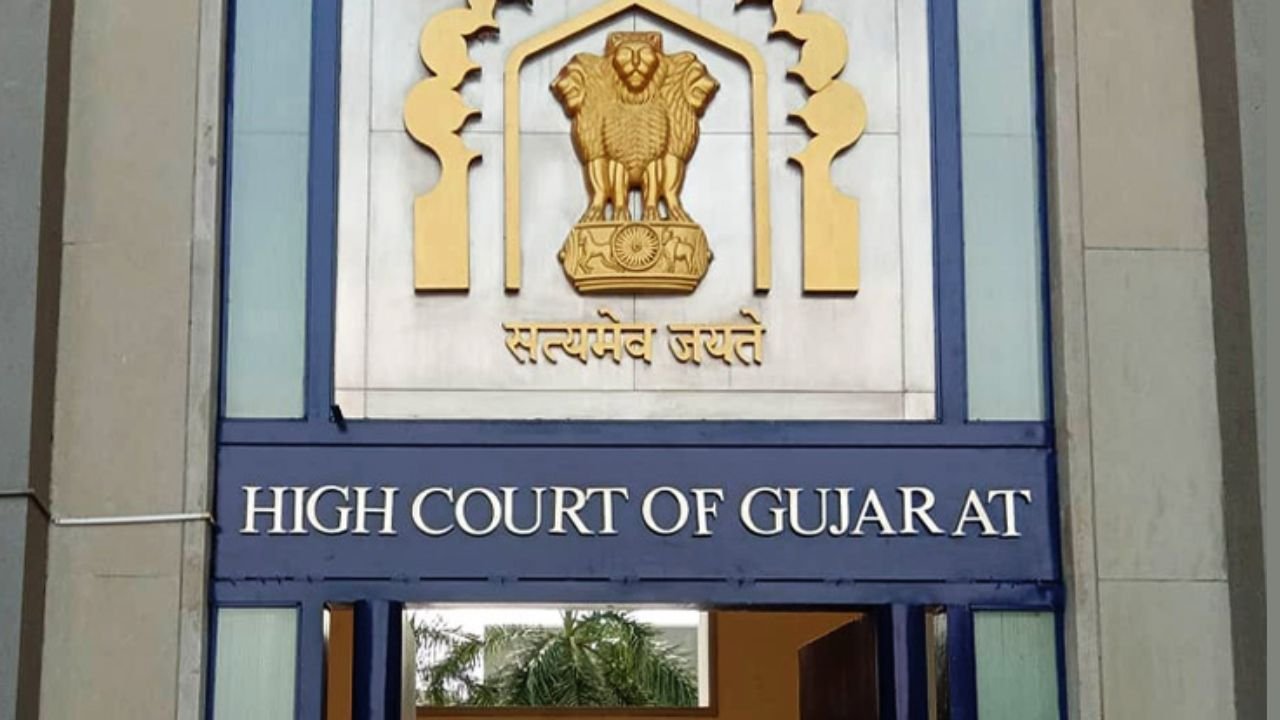Ahmedabad: The Gujarat High Court has rejected a plea by retired IPS officer Kuldip Sharma seeking exemption from surrendering in connection with a wrongful confinement case, in which he was convicted and sentenced to three months’ imprisonment by a magistrate court in Kutch-Bhuj.
Background of the Case
The case dates back to May 1984, when Sharma was posted as Superintendent of Police in Kutch. He, along with then Deputy SP Girish Vasavada of Porbandar, faced charges of wrongful confinement and custodial torture of local Congress leader Haji Abdulla Ibrahim, alias Ibhla Sheth. In February, a magistrate court convicted both officers and sentenced them to three months in jail.
Sharma and Vasavada subsequently appealed to the Sessions Court, which rejected their appeal on September 24, but granted a 15-day stay to approach the High Court.
FCRF Launches CCLP Program to Train India’s Next Generation of Cyber Law Practitioners
Non-Bailable Warrants Issued
Acting on an application by the complainant, the Sessions Court later issued non-bailable warrants on October 10, as Sharma and Vasavada were unable to secure any further stay from the High Court. Meanwhile, both officers filed revision applications in the HC, challenging their conviction and also seeking exemption from surrender, suspension of sentence, and bail.
HC’s Ruling
The High Court admitted the revision applications but rejected pleas for exemption from surrender and suspension of sentence. The court observed that the Sessions Court had committed a serious legal error by granting a 15-day stay without adhering to the provisions of the Criminal Procedure Code (CrPC).
The HC further noted that the accused were absent during the pronouncement of the sentence in the Sessions Court. Under CrPC provisions, once a conviction and sentence are confirmed by an appellate court, the accused must be sent to jail for execution of the sentence. The court noted:
“…if the accused is not present in court at the time of sentencing, the court shall issue a warrant for their arrest and ensure their forwarding to jail.”
Directions for Lower Courts
The High Court directed its registry, after obtaining necessary administrative orders from the Chief Justice, to circulate the ruling among presiding officers across the state, emphasizing compliance with CrPC while passing orders related to surrender and sentencing.


